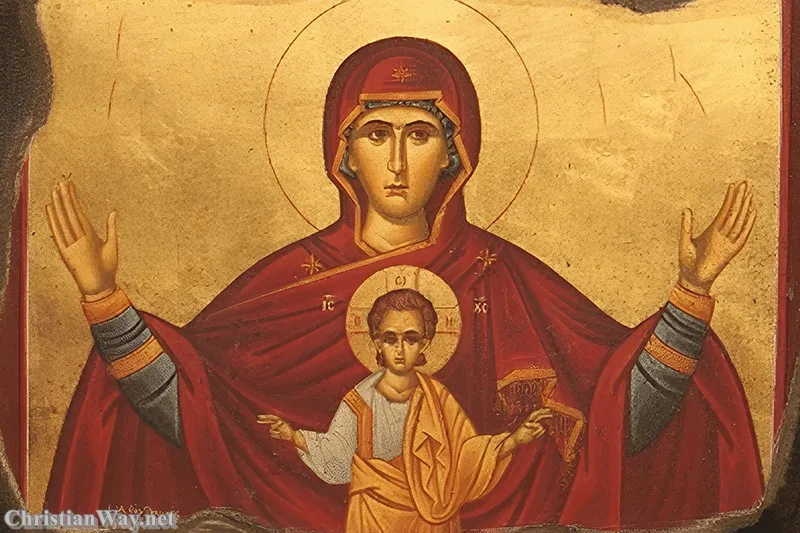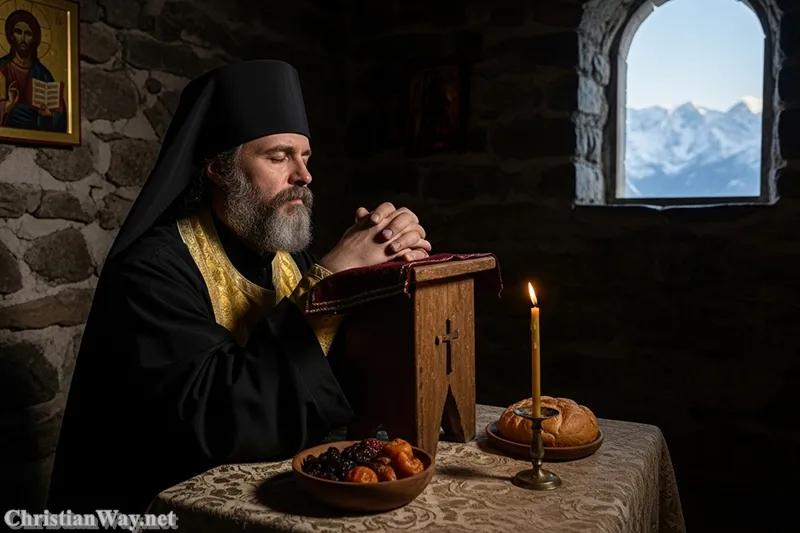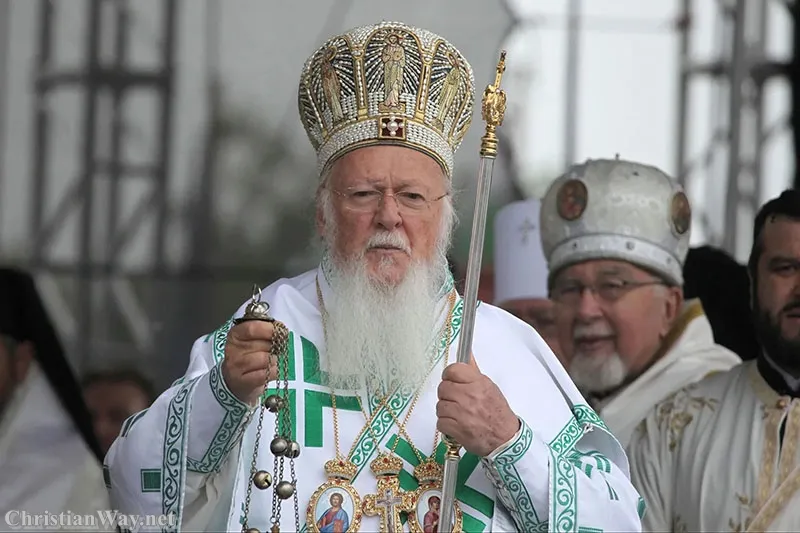Every human community, whether ancient or modern, senses the need for leadership. Yet, in the Christian vision, leadership is not a climb to power but a descent into service. The phrase “Primus inter pares” — Latin for “first among equals” — beautifully captures this paradox. Within the Church, it describes a leader who stands not above others, but among them, guiding in love, humility, and unity.
Dear friends in Christ, this phrase is more than an old ecclesiastical title; it is a living reminder of how Christ Himself leads His people. It invites us to see authority not as domination, but as communion — to see that in the Body of Christ, every role, no matter how high or humble, finds its meaning in love.
In this reflection, let us explore the deep spiritual meaning of Primus inter pares, its roots in Scripture and Church tradition, and how it continues to guide Christian leadership today — from the early apostles to our present age.
The Meaning of “Primus Inter Pares”
The phrase Primus inter pares translates literally as “the first among equals.” In the Church, it refers to one who has precedence in honor and coordination, but not in absolute power.
This expression emphasizes that all bishops share equally in the sacrament of Holy Orders. Yet, for the sake of unity and order, one may be given a special role of coordination — to preside, to call meetings, and to represent the Church in love.

It is, in essence, a title that carries both dignity and humility. To be “first” is not to rule; it is to serve. To be “among equals” is to remember that no one in the Church is above the Body of Christ, for the Head of the Church is Christ Himself.
As the Gospel reminds us:
“The greatest among you will be your servant.” — Matthew 23:11
Biblical Foundations: Leadership as Service
From the beginning, the New Testament offers a radically new vision of authority. Jesus Christ reverses the worldly idea of leadership.
When His disciples argued about who was the greatest, He answered with divine clarity:
“You know that the rulers of the Gentiles lord it over them… It shall not be so among you. Whoever would be great among you must be your servant.” — Matthew 20:25–26
This teaching forms the heart of Primus inter pares. It reflects Christ’s own example, who washed the feet of His disciples (John 13:1–15). In this act, He revealed that leadership in His Kingdom is not measured by command, but by compassion.
The early Church Fathers understood this well. St. Gregory the Great, who served as Pope in the 6th century, refused to be called “universal bishop.” He preferred the title Servus servorum Dei — “Servant of the servants of God.” This spirit echoes Primus inter pares: leadership that bows before God and kneels to serve others.
Primus Inter Pares in Church Tradition
1. The Early Church
In the earliest centuries of Christianity, all bishops were considered equal in their sacramental authority. Yet, to maintain unity, certain bishops were given precedence — often the bishops of cities like Rome, Alexandria, Antioch, and later Constantinople.
This precedence did not mean superiority of power, but honor of service. The bishop who was “first” presided in charity, ensuring that the Church spoke with one heart and one mind.
2. The Bishop of Rome
In the Western Church, the Bishop of Rome — the Pope — gradually came to exercise a unique ministry of unity, recognized as having primacy among all bishops. Yet the essence of this primacy, rightly understood, remains one of service. The Pope is primus inter pares in the sense that he serves as the visible source of unity among the bishops.
As the Second Vatican Council beautifully stated:
“The Roman Pontiff, as the successor of Peter, is the perpetual and visible source and foundation of unity of both the bishops and the faithful.” — Lumen Gentium, 23
Even this primacy does not replace the equality of all bishops, for each is a successor to the apostles, sharing in the same pastoral mission of Christ.
3. The Eastern Orthodox Tradition
In the Eastern Orthodox Church, the phrase Primus inter pares is particularly cherished to describe the role of the Ecumenical Patriarch of Constantinople. Among all Orthodox patriarchs, he is honored as “first among equals.”
He presides in love, not in jurisdiction. His authority is moral and spiritual, meant to foster communion rather than command. This model preserves both unity and equality within the family of autocephalous (self-governing) Orthodox Churches.
This vision of leadership — collegial, respectful, and humble — mirrors the spirit of the apostles gathered in the Upper Room, united by faith, not by rank.
Leadership as Communion, Not Control
The phrase Primus inter pares reveals something profoundly countercultural: that in the Christian understanding, authority exists not to dominate but to unite.
In the secular world, leadership often means power, privilege, and prestige. But in the Church, it means something else entirely — it means carrying the cross of others.
Christ’s command to Peter, “Feed my sheep” (John 21:17), was not a call to rule over them, but to lay down his life for them. Every Christian leader — from a parish priest to the Pope, from a bishop to a patriarch — stands under that same command.
In this light, Primus inter pares is not merely a title; it is a vocation to servant leadership — to guide by love, to build communion, and to mirror the humility of Christ.
Primus Inter Pares and the Unity of the Church
A Balance Between Authority and Equality
The history of Christianity has shown that unity requires both structure and humility. The phrase Primus inter pares holds this delicate balance.
Without leadership, the Church risks division. Without equality, she risks domination. But when both coexist — when one leads as a brother among brothers, a servant among servants — the Church breathes with peace and harmony.
This is why Primus inter pares remains not only a historical phrase but a living principle for ecumenical dialogue. It reminds the Catholic, Orthodox, and Anglican traditions alike that unity cannot be built through power, but only through mutual respect and the humility of Christ.
A Bridge in Ecumenism
In modern times, theologians and leaders from different Christian traditions have returned to this phrase as a point of convergence.
For Catholics, it helps express the Pope’s ministry as a service of unity, not a supremacy of domination. For Orthodox Christians, it preserves the equality of bishops within the conciliar (synodal) structure of the Church.
Thus, Primus inter pares becomes a bridge — a way to understand leadership in the light of love, and to seek unity without erasing diversity.
Primus Inter Pares in Everyday Christian Life
Though the phrase is often used in hierarchical contexts, its spirit speaks to every Christian soul. In families, workplaces, and communities, we too are called to embody this same humility — to lead by serving, to be “first” only in generosity, kindness, and faith.
When we care for others, forgive those who wrong us, or place others before ourselves, we become living witnesses of the Primus inter pares spirit.
As St. Paul writes:
“Do nothing out of selfish ambition or vain conceit. Rather, in humility value others above yourselves.” — Philippians 2:3
To be first among equals is to remember that all are children of the same Father, all redeemed by the same Cross, and all destined for the same eternal communion.
A Spiritual Reflection on Humble Leadership
The Church, throughout her history, has flourished most when her leaders embraced this humble vision. The saints who transformed the world were not those who sought thrones, but those who carried towels and washed feet.
The Holy Spirit continues to call the Church — and all her shepherds — to remember this truth: that the greatest power in the Church is love, the greatest authority is service, and the greatest title is Primus inter pares — the one who leads by lowering himself, who listens before speaking, and who loves before commanding.
Reflect and Pray
You who knelt to wash the feet of Your disciples,
teach us the meaning of true leadership.
Grant that all who serve Your Church — Popes, Patriarchs, Bishops, Priests, and every baptized believer —
may follow Your example of humble love.
Let us lead not by power, but by service;
not by pride, but by grace.
And may the spirit of Primus inter pares
live in every heart that seeks to serve You and Your people.
Amen.
— Fr. John Matthew, for Christian Way





